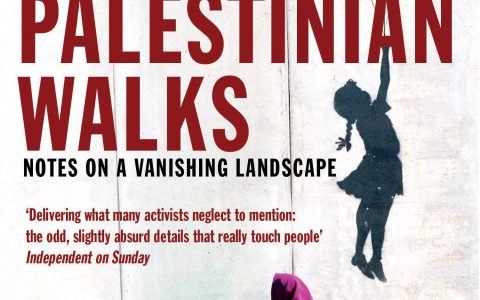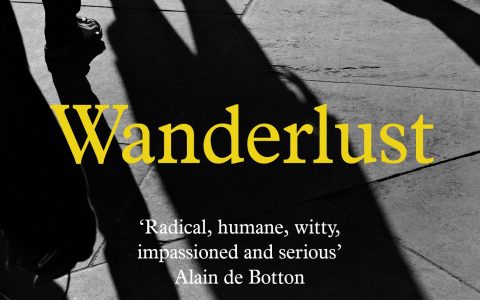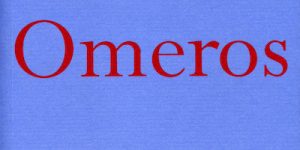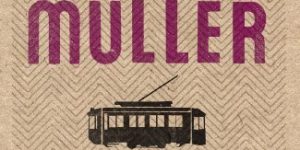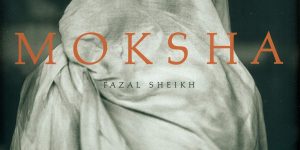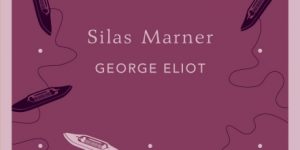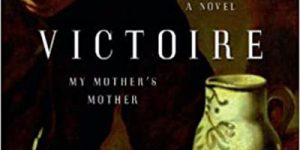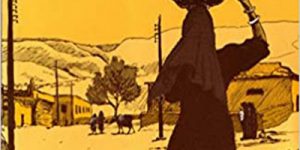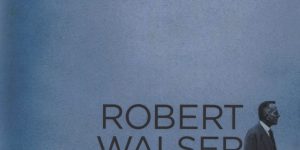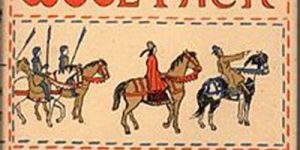15 READS
walking journeys textiles women’s voices work arrival the collective
15 READS is a wider reading series inspired by our programme. Each edition is selected and described by Jane McArthur, chair of our programme group.
In the Spotlight
To go on a sarha is to roam freely, to refresh mind, body and soul, Shehadeh explains. Layered with history, memory, and encounter, each sarha is a record of the fast disappearing wilderness and ancient ways of cultivation, as well as of friendship and family bonds under occupation.
Enjoy Jane McArthur reading a brief excerpt of Palestinian Walks
This book is as much a meditation on our most fundamental relationship with the land, as it is a record of Chatwin’s time with Aborginal communities in Australia. Landscape is understood as a song-map, its features animated by story intricately bound to memory, identity, life, death and rebirth.
Enjoy Jane McArthur reading a brief excerpt of The Songlines
Narrative threads woven across time and continents are held together To walk is to make a ‘subversive detour’, Solnit writes in this expansive meditation on walking. Weaving together cultural, political, aesthetic, historical and activist reflections, she examines fundamental relationships between walking and thinking and its expression in language.
Enjoy Jane McArthur reading a brief excerpt of Wanderlust
FEATURING
Derek Walcott, Omeros, 1990
Refashioning ancient Greek epics, Walcott takes his readers on a temporal and geographical journey from fishermen in the Caribbean to visions of Dublin, from slave ships to the present day. Rivalry, love, history, dreams, homesickness and a hand-stitched quilt which becomes a burial shroud are interwoven in this allegorical poem.
Herta Müller, trans. Michael Hulse and Philip Boehm, The Appointment, 2011, (1997)
Written in spare imagistic prose the life of an unnamed textile factory worker is revealed as she travels by tram to an interrogation, having been caught trying to smuggle messages asking for help, in garments destined for Italy. During the journey she examines her life and in so doing Müller exposes the brutalizing, numbing and destructive effect of daily survival under Ceausescu’s dictatorship.
Fazal Sheikh, Moksha, 2005
A photographic essay documenting a community of dispossessed widows at Vrindavan, India. These tender portraits take the reader into the private world of these heavily veiled women.
George Eliot, Silas Marner, The Weaver of Raveloe, 1993
This is a story of the transformative power of love – the profound bond between flax weaver Silas Marner and his adopted child Eppie. The novel is also an examination of class, religion and the role of the collective in a rural community in the Midlands at a time when weaving as a cottage industry was being replaced by industrialisation.
Maryse Condé, trans. Richard Philcox, Victoire: My Mother’s Mother, 2010
Mixing discovered fact with imagined possibility, Condé tells the story of her grandmother’s life in Guadeloupe at the end of the 19th century. Exposing the impact of slavery, and the lives of the working poor she shows how these resonate down through generations of women.
Atiya Nera, Afterword by Nawal El Sadawi,Khul-Khaal: Five Egyptian Women Tell Their Stories, 1998
Capturing the rhythm of the spoken word and the to and fro of memory, each life story is an intimate account of joys and sorrows, age-old traditions and the complexities of being a daughter, wife and mother amongst Egypt’s working poor.
Werner Herzog, trans, Marje Herzog and Alan Greenberg, Of Walking in Ice, 2014, (1980)
A diary of a sombre walk from Munich to Paris, through bleak winter weather. Herzog drifts from observations of incidental things that would only be recognised on a solitary journey, to memory and absurdist dreamlike fantasy, captured on the page in fleeting glimpses and associative fragments. His mission? The belief that his mentor Lotte Eisner would remain alive only if he reached her home on foot.
Yuko Tsushima, trans. Geraldine Harcourt, Territory of Light, 2018 (1978)
A light-filled apartment, a mother bringing up her two-year old child alone. An episodic record of a year during which this un-named woman seeks to make sense of herself in a society that at best mistrusts and at worst ostracises her.
Robert Walser, with a foreword by Susan Sontag, trans. Christopher Middleton, The Walk in ‘Selected Short Stories’, 1983
A discourse on the necessity of walking as inspiration. Walser notes the beautiful, the mundane and the overlooked, expressing joy, incredulity and disappointment. Meditative and wondrous yet edged with black despair.
Lucia Berlin, with a foreword by Lydia Davies, A Manual for Cleaning Women: Selected Stories, 2016 (1977)
Short stories inspired by the author’s tumultuous rackety life. Stories of bravado, humanity and violence. Stories seamed with dark humour, sharp observation and pathos. Stories of struggle, love and disillusionment.
Lyn Hejinian, The Language of Inquiry, 2000
Hejinian’s collection of essays takes the reader on a journey of inquiry where writing is understood as a site for thinking and the making of meaning which manifests between writer and reader.
Cynthia Harnett, The Wool-pack, 1951
Suggested age 8–10 years
Set in 1493, The Wool Pack tells the story of 12-year-old Nicholas Fetterlock, son of a Cotswold wool merchant, who gets caught up in the intrigues of the wool trade, that include smuggling and efforts to ruin his father’s business. A classic children’s novel, it contains some wonderful illustrations as well as a fair amount of historical detail that it doesn’t wear too heavily.

